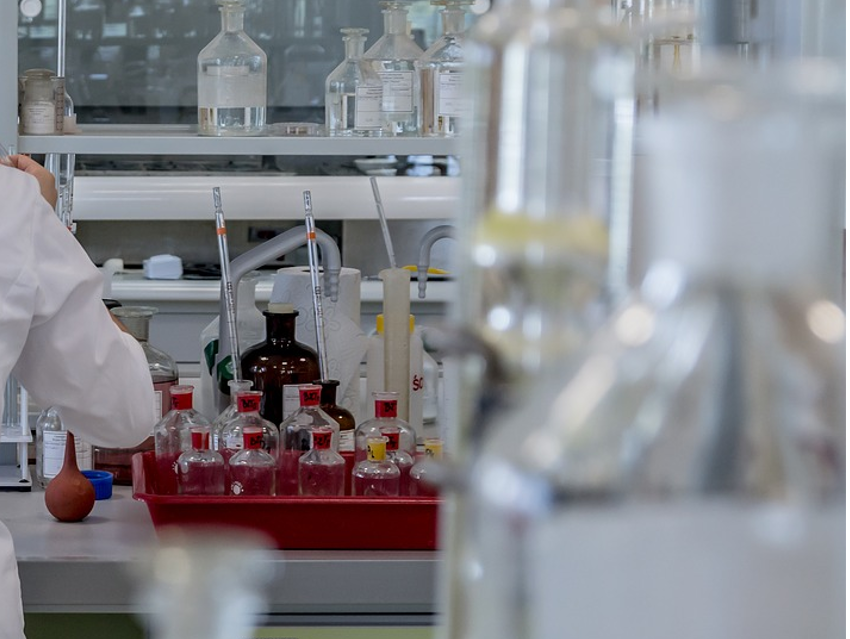BASF and the University of Heidelberg will jointly continue operating their Catalysis Research Laboratory (CaRLa) for a further three years. At CaRLa, researchers work on issues relating to homogeneous catalysis. CaRLa is financed as part of a Private Public Partnership between BASF and the University of Heidelberg. According to the scientific managers, Professor A. Stephen K. Hashmi, Institute of Organic Chemistry, University of Heidelberg, and Dr. Thomas Schaub, BASF SE, CaRLa offers ideal conditions for the rapid transfer of knowledge from basic research to industry.
Since 2006, more than 80 researchers from 22 different countries have worked at CaRLa, 82 scientific papers have been published in renowned journals, 28 patent applications have been submitted, and eight projects started by CaRLa have been transferred to BASF’s research units to further develop them specifically for industrial applications.
Current research focuses primarily on efficient and resource-conserving synthesis methods, including methods using CO2 or renewable resources as starting materials. One example is the production of sodium acrylate from ethylene and CO2. Sodium acrylate is an important starting material for superabsorbents, which are used in diapers and other hygiene products. If this process proves to be stable and energetically beneficial on a larger scale, CO2 would replace around 30 % of the fossil feedstock in the superabsorber compared to the current production method.
- Catalysis Research Laboratory (CaRLa), Heidelberg, Germany
- BASF SE, Ludwigshafen, Germany
- University of Heidelberg, Germany
Also of Interest
- The Use of Carbon Dioxide (CO2) as a Building Block in Organic Synthesis from an Industrial Perspective,
Saumya Dabral, Thomas Schaub,
Adv. Synth. Catal. 2018.
https://doi.org/10.1002/adsc.201801215




